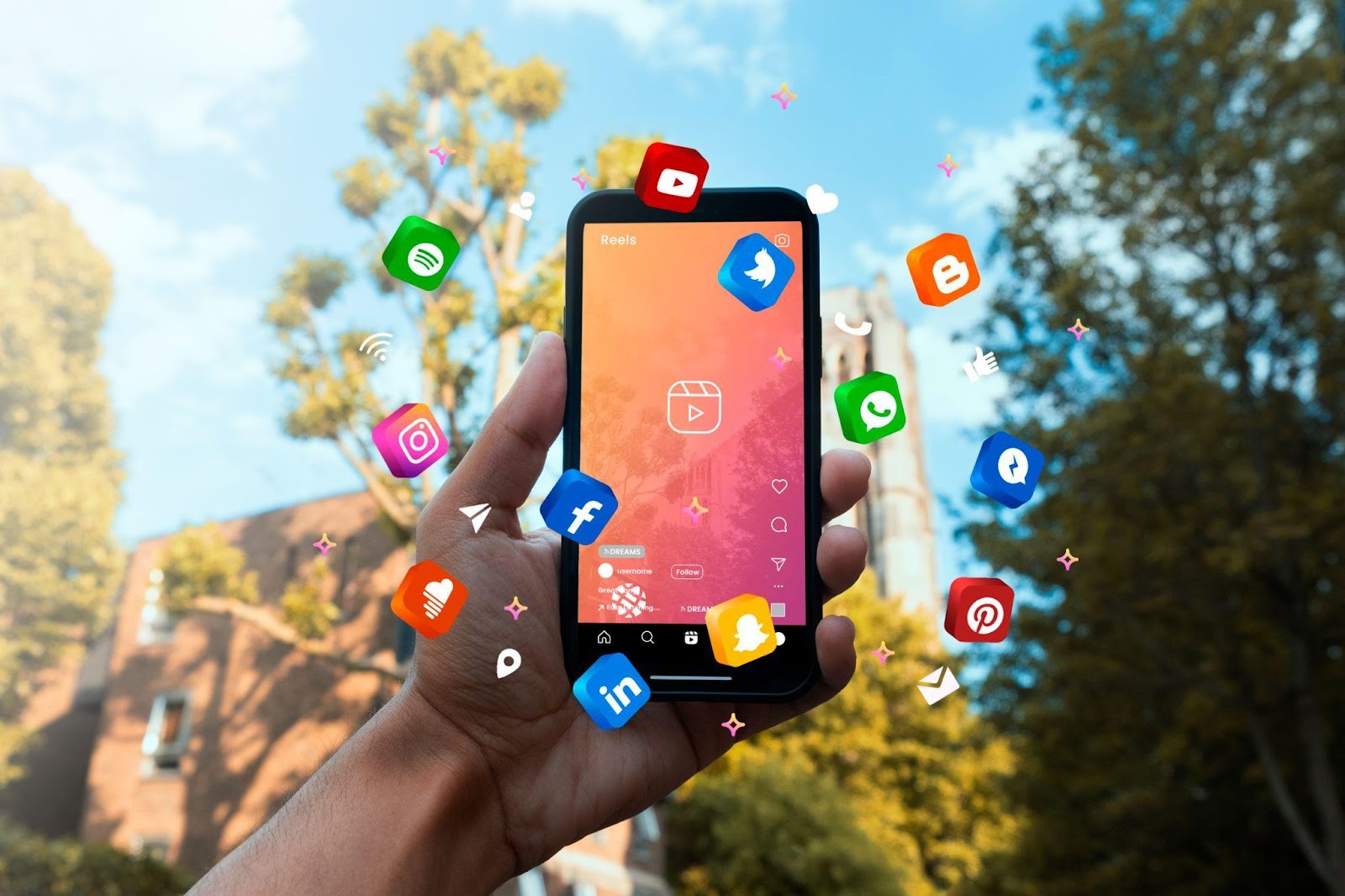
Nearly 71% of Americans actively use social media platforms, sharing moments of their lives without realizing these digital footprints might become evidence in legal proceedings.
After a car accident in Alabama, that innocent vacation photo or frustrated status update could cost you thousands in compensation.
Insurance adjusters now routinely scour claimants’ social media accounts, looking for any content that contradicts your injury claims or suggests you’re less injured than reported.
How Insurance Companies Use Social Media Against You
Insurance companies have sophisticated strategies for monitoring claimants’ social media activities. Their primary goal is to find evidence that contradicts your injury claims or suggests you’re exaggerating your damages.
Insurance adjusters might look for:
- Photos showing physical activities that seem inconsistent with your reported injuries;
- Check-ins at locations that suggest you’re more mobile than claimed;
- Posts about social events or recreational activities following your accident;
- Status updates that contradict statements made in your claim; and
- Comments from friends that might reference your condition or activities.
Even privacy settings offer limited protection, as investigators may access your profiles through mutual connections or preserved screenshots from public periods. The digital trail you create can significantly impact the outcome of your case and potentially reduce your compensation.

Types of Social Media Content That Can Harm Your Claim
Certain types of content are particularly damaging to car accident claims. Understanding these potential pitfalls can help you avoid costly mistakes while your case proceeds.
Common problematic content includes:
- Photos showing physical activities or social events after the accident;
- Location check-ins that contradict your mobility limitations;
- Posts discussing your accident or injuries;
- Emotional statements that might be interpreted as admissions of fault;
- Comments about settlement negotiations or conversations with your attorney; and
- Negative comments about the other driver, insurance companies, or the legal process.
Insurance companies often take such content out of context, using a single moment of apparent wellness to undermine legitimate injury claims. Even a photo where you appear to be smiling could be presented as evidence that you’re not experiencing the pain and suffering described in your claim.
Best Practices for Social Media During Your Claim
Following specific guidelines regarding social media can help protect your car accident claim from potential damage. These practices should be implemented immediately after your accident and maintained throughout the duration of your case.
Recommended practices include:
- Temporarily deactivate or make private all social media accounts;
- Decline new friend or connection requests from people you don’t know;
- Refrain from posting any content related to your accident or injuries;
- Ask friends and family not to tag you in photos or posts;
- Never discuss settlement offers or negotiations online;
- Avoid checking in at locations or posting photos of activities; and
- Review and clean up past posts that might be misinterpreted.
Remember that anything you’ve posted in the past may still be accessible to insurance investigators. Taking proactive steps to protect your online presence is essential to preserving the integrity of your claim.

Legal Precedents Involving Social Media Evidence in Alabama
Alabama courts have established several important precedents regarding the admissibility and impact of social media evidence in personal injury cases. These legal decisions shape how digital content may affect your car accident claim.
Notable precedents include:
- Courts consistently allowing discovery of relevant social media content, even from “private” accounts;
- Judges permitting social media evidence that contradicts plaintiff testimony about injuries or limitations;
- Requirements that social media content must be authenticated before admission as evidence;
- Recognition that social media content may need context to be properly interpreted; and
- Limitations on “fishing expeditions” through a plaintiff’s entire social media history.
These precedents demonstrate that Alabama courts take social media evidence seriously in determining the legitimacy and value of car accident claims. Understanding this legal landscape can help you and your attorney prepare an effective strategy for your case.
Frequently Asked Questions About Social Media and Car Accident Claims
Many clients have questions about how their online activities might affect their legal cases.
Below are answers to some of the most common questions regarding social media and car accident claims in Alabama.
Can Insurance Companies Legally Access My Private Social Media Accounts?
While insurance companies cannot hack into your accounts, they can request access through legal discovery processes. Courts may order you to provide access or copies of relevant posts, even from private accounts, if deemed relevant to your case.
Should I Delete My Social Media Accounts After an Accident?
Deleting accounts after an accident may appear suspicious and could be considered destruction of evidence. Instead, consider temporarily deactivating accounts or increasing privacy settings, and consult with your attorney before removing any content.
What if Friends Post Photos of Me on Their Accounts?
Photos posted by friends can be used as evidence against you. Politely ask friends and family not to post photos or information about you while your claim is pending, and untag yourself from any existing posts.
How Far Back Do Insurance Companies Look at Social Media?
Insurance investigators typically review content from before your accident through the resolution of your claim. Pre-accident posts establish your baseline activities, while post-accident content may contradict injury claims.
Can Positive Social Media Posts Help My Claim?
Rarely. While negative posts can harm your claim, positive posts about your recovery or medical treatment generally don’t strengthen it. The safest approach is to avoid all accident-related posts.
Take Action to Protect Your Car Accident Claim
Your social media behavior can significantly impact the outcome of your car accident claim in Alabama. One thoughtless post could potentially reduce your compensation by thousands of dollars or even lead to a denial of your claim.
At Baxley Maniscalco, our experienced personal injury attorneys understand the complex relationship between social media and car accident claims. We can help you navigate these digital challenges while building the strongest possible case for maximum compensation.
Contact us today for a free, confidential consultation about your car accident claim. Our team will provide personalized guidance on protecting your online presence and securing the compensation you deserve for your injuries and damages.
Can't find what you're looking for? Search our site below.










